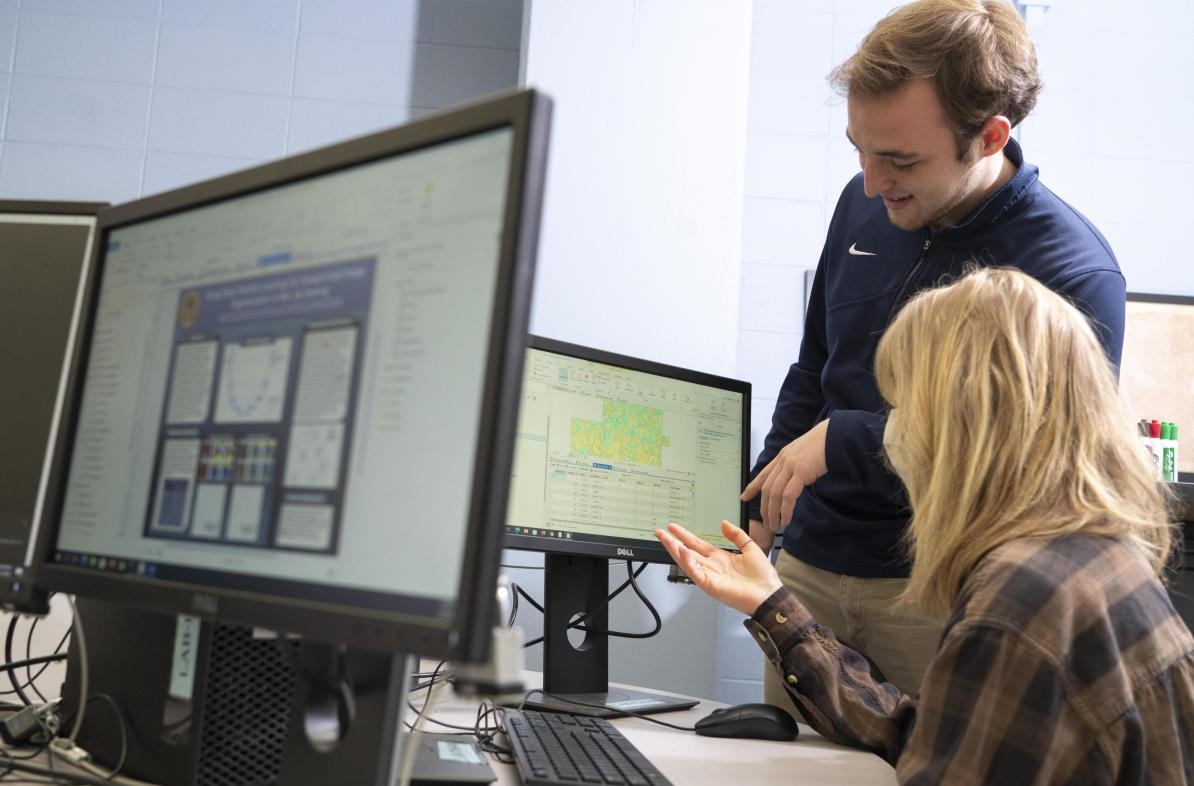ID

Solving it spatially: Matt Dewitte '22
Authored on
Solving it spatially: Matt Dewitte '22
Published on:
Intro text
Earlier this year senior geography major Matt Dewitte was nationally recognized for his research in geospatial technologies. On May 21 he accepts his bachelor's degree and begins a job as an analyst for a global insurance company.
Sections
For the media
For the media
Image download



